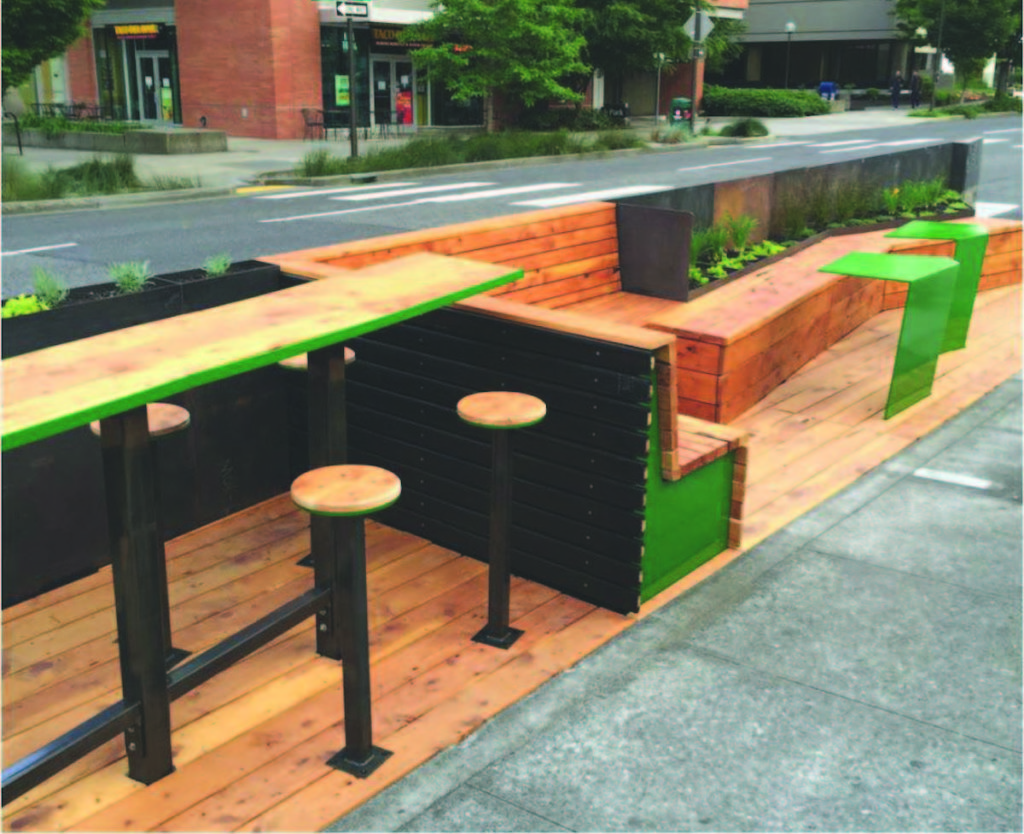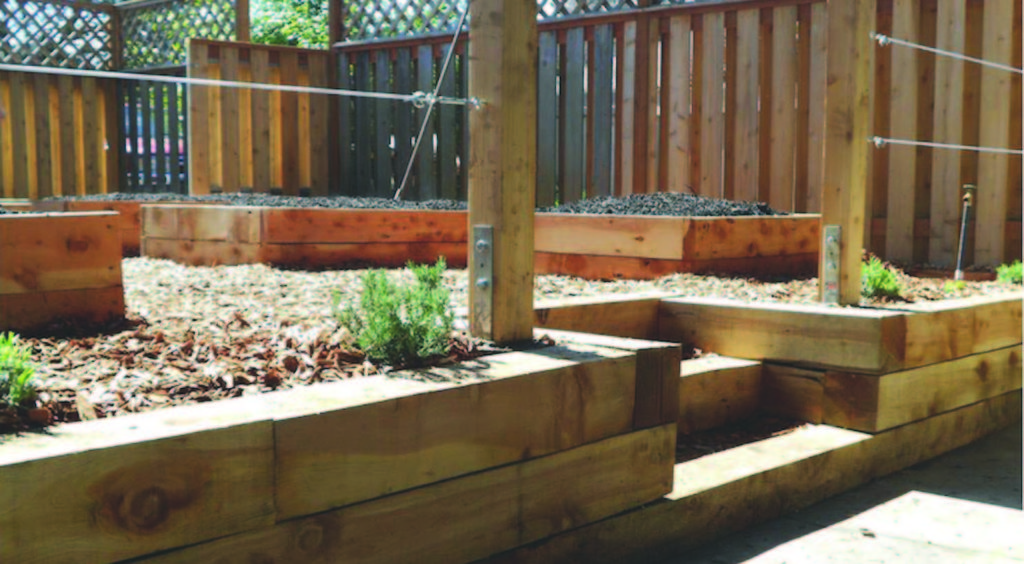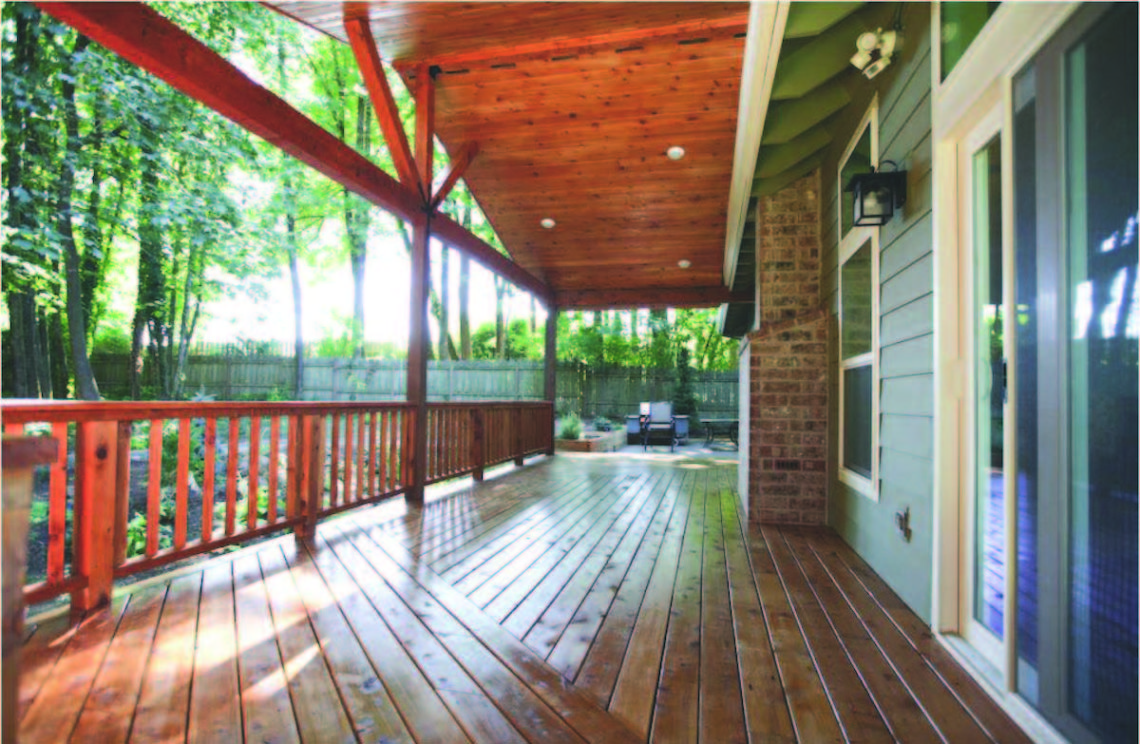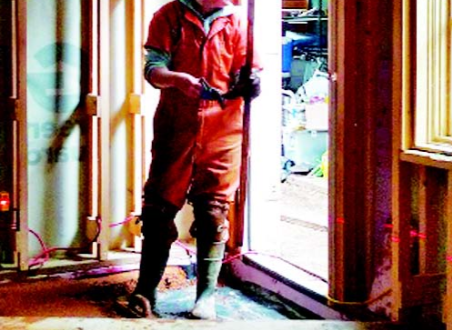100 years ago, walking across the expanse of Eastern Oregon would have revealed sprawls of sagebrush and native grass, pockmarked with the occasional juniper tree. Fast forward to today, and those picturesque western landscapes have become overgrown with juniper trees. Due largely to modern day fire suppression, junipers, a “native invasive,” have expanded from one million acres at the turn of the 20th century to a staggering 10 million acres today.
Junipers are a thirsty tree, drinking up to 35 gallons of water per day in a high desert ecosystem that is already plagued by drought. As the trees expand, they push out sagebrush and grass, which affects vulnerable species like sage grouse and mule deer.
Fortunately, solutions are taking shape here in Oregon.
Thanks to a coalition of environmental groups, ranchers, NGO’s, universities, and government officials, juniper has become a story of collaboration. In 2013, the Western Juniper Alliance was formed to create solutions to the juniper problem. Their goal was twofold: remove junipers, leaving behind the old growth (some of the oldest trees in our state!), and create rural jobs with both the removal and the milling. Currently, estimates show about 100,000 acres are being restored each year, with the restoration work being split between private and public lands. The beneficiaries range from sage grouse and mule deer, both of which require wide-open spaces, to pollinators, to the traditional sagebrush steppe.

The good news for consumers is that juniper is a remarkable wood in many ways. In outdoor applications, it has been proven to last up to fifty years for in-ground contact. It’s a natural insecticide, and is highly rot-resistant. It has the performance of pressure-treated wood without the chemicals, and it is cost-comparative with both redwood and cedar and lasts longer than both. All in all, juniper is perfect for a retaining wall, garden box, fencing, decking, or siding. Its slabs will work great for your next table or desk, and the higher end wood is already being used in furniture, cabinets, and butcher blocks.

It is perfect for multiple applications, and it just needs the consumer demand to continue building up Eastern Oregon’s restoration. For those living in the greater Portland area, the largest supplier of juniper is located in Southeast Portland. Sustainable Northwest Wood offers a multitude of options for juniper, and can help you plan out what you need for your next home project, indoor or out. When you plan your next home or garden project, consider using juniper. It is safe, sustainable, and allows you to have a hand in restoration work taking place right here in Oregon.
Jordan Zettle works for Sustainable Northwest, a non-profit that is helping to spearhead juniper removal and restoration work in Eastern Oregon.







2 Comments
Pingback:
cascade bonsai
Our redwood forests are so dense with the tallest trees in the world.
It is hard to imagine anything becoming invasive with such competition; but
some things move in. While in Oklahoma and Northern Texas, the junipers really did
seem to be more prolific than I was expecting. In pictures, the area seemed to be more
open, with sporadic junipers. Now there are juniper forests in places.
I can see why some people dislike them.